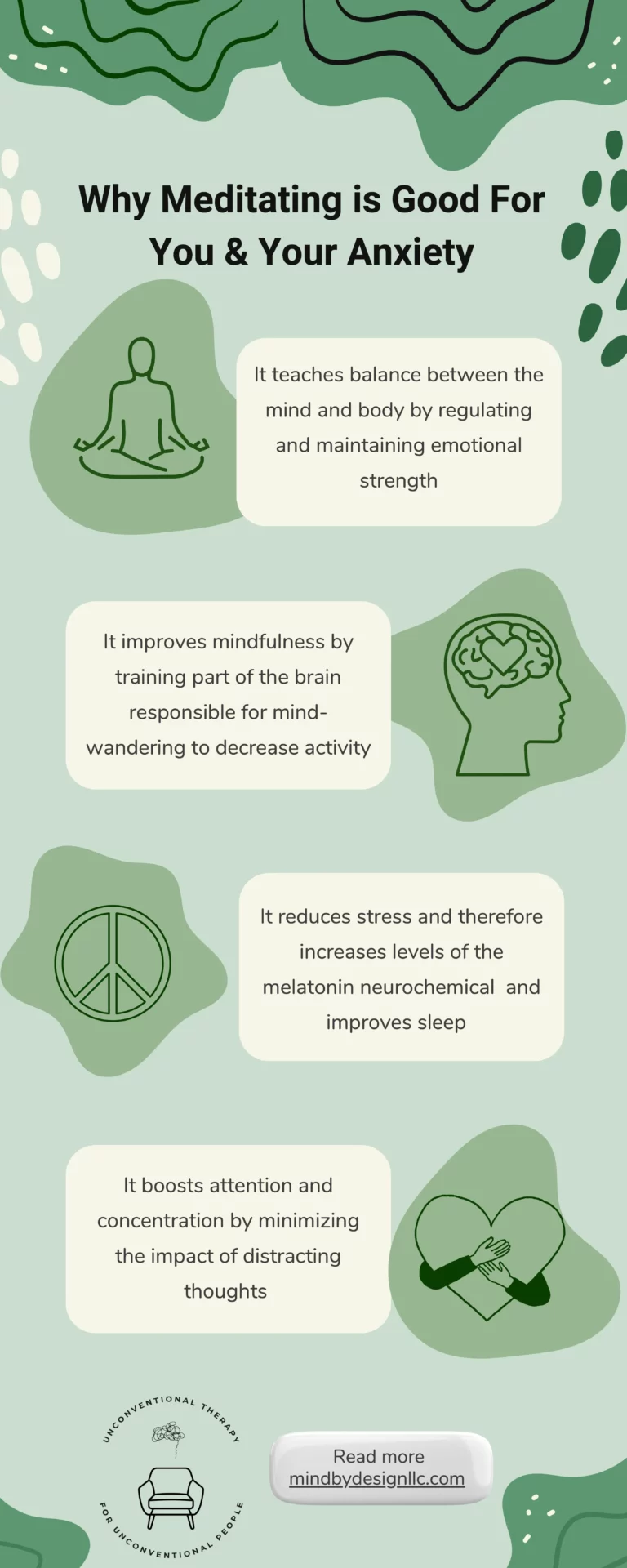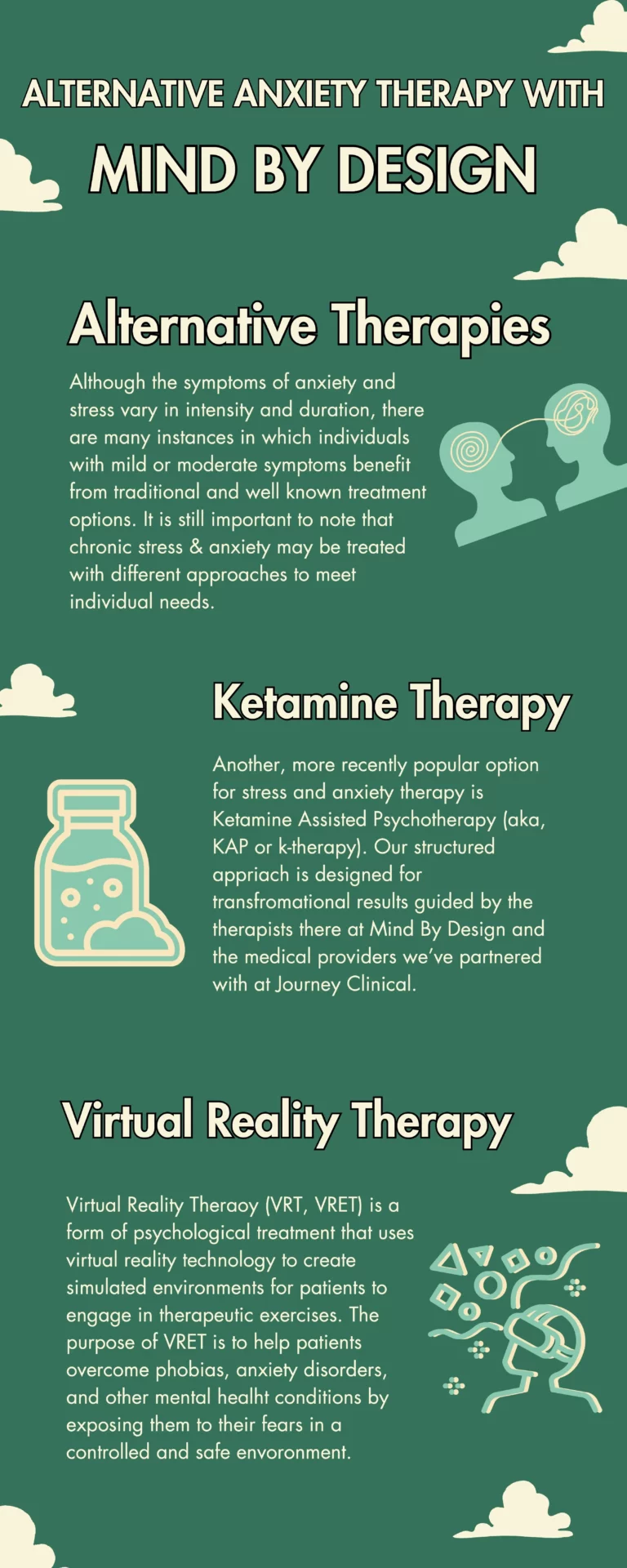Depression Symptoms Kicking Your Ass?
Overcome Fatigue & Apathy
Leave Your Info
Follow Us on Social 😊🧠
Meet our Team
IYKYK: Depression symptoms are a real bitch to deal with.
It can be hard to know what is depression, and what’s just typical life-stress. Two of the most common depression symptoms, and most frustrating for many clients, are fatigue and apathy (also known as indifference). Symptoms of depression aren’t just the occasional blues; depression a persistent feeling of sadness and loss of interest that can significantly interfere with daily functioning. It’s importnat for clients to understand their depression symptoms, the cause and the best way to overcome fatigue and apathy.
Fatigue & Depression
When we use the word “fatigue” throughout this blog, we’re not just talking about feeling tired– we’re referring to the intense lack of energy that doesn’t improve with rest. Fatigue, in the context of depression symptoms, can make even the simplest tasks feel daunting, unimportant or even pointless. This can lead to our next depression symptom: Apathy.
Apathy & Depression
Apathy, oh apathy, how I loathe you.
Before I went to graduate school & actually learned about depression, I truly thought that apathy was some kind of character flaw that I was just ‘born with’. Turns out, I was pretty depressed, but because apathy, by nature, can feel like a passive sadness, I didn’t perceive it as, well, anything.
Apathy is a tough cookie to overcome, for therapists and clients! By definition, apathy is:
1: lack of feeling or emotion :Impassiveness
2 : lack of interest or concern : Indifference
A personal favorite philosopher of mine, Friedrich Nietzsche often highlighted the role of apathy in his writings. Freddy may not be one to defy apathy, however, his writing brought attention to the impact that apathy would have on perceived morals. Simply put, apathy, interpreted by other’s, can feel like a personal rejection. For example, if you’re struggling with apathy or similar depression symptoms, you may have experienced your partner or friend thinking that you are ignoring them or have little interest in the relationship. This interpersonal dissonance can fuel feelings of confusion, anger, resentment and powerlessness.
The Impact of Depression Symptoms on Daily Life
Fatigue and apathy aren’t easy to live with and can cause a domino effect on other areas of life. For some, this may look like:
- social withdrawal
- decline in performance at work or school,
- general sense of unhappiness
- disengagement with loved ones
- irritability
- confusion or indecisiveness
- lack of interest
- Difficulty concentrating
Over time, these symptoms can strain relationships, reduce productivity, and contribute to a sense of isolation and loneliness. This can perpetuate the cycle of depression symptoms.
💡 Did you know?...
“Apathy” was borrowed into English in the late 16th century from Greek “apatheia,” which itself comes from the adjective “apathēs,” meaning “without feeling.” “Apathēs,” in turn, was formed by combining the negating prefix “a-” with “pathos,” meaning “emotion.” Incidentally, if you’ve guessed that “pathos” is the source of the identically spelled noun in English (meaning either “an element in experience or in artistic representation evoking pity or compassion” or “an emotion of sympathetic pity”), you are correct. “Pathos” also gave us such words as “antipathy,” “empathy,” “sympathy,” “pathetic,” and even the archaic word “pathematic” (“emotional”).
https://www.merriam-webster.com/word-of-the-day/apathy-2009-04-29
Getting to the Root of Depression Symptoms
Various factors can contribute to fatigue and indifference in depression, including biological factors, neurochemical imbalances, and psychological stressors. Hormonal changes, chronic stress, and other medical conditions can also play a role.
Furthermore, Apathy may also be a result, or a maladaptive response to something traumatic, or a grief major, such as a traumatic experience, grief or loss or an experience that caused feelings of powerlessness. Understanding the root cause of these depression symptoms will help you and your therapist find the right treatment
Options for Treatment of Depression Symptoms
& Major Depressive Disorder
⇾ CBT for Depression
Cognitive Behavioral Therapy (CBT) is a highly effective treatment for depression, focusing on altering negative patterns of thought and behavior that contribute to depressive symptoms. CBT helps individuals identify and challenge their distorted perceptions and develop healthier ways of thinking and behaving. Through sessions with a trained therapist, patients learn to dismantle the overwhelming power of negative thoughts, replace them with a balanced perspective, and employ practical self-help strategies. This empowerment often leads to significant improvement in mood and function, making CBT a preferred method for many seeking to overcome depression.
⇾ CBT for Depression
Cognitive Behavioral Therapy (CBT) is a highly effective treatment for depression, focusing on altering negative patterns of thought and behavior that contribute to depressive symptoms. CBT helps individuals identify and challenge their distorted perceptions and develop healthier ways of thinking and behaving. Through sessions with a trained therapist, patients learn to dismantle the overwhelming power of negative thoughts, replace them with a balanced perspective, and employ practical self-help strategies. This empowerment often leads to significant improvement in mood and function, making CBT a preferred method for many seeking to overcome depression.

⇾ Light Therapy as a Therapy Support for Treating Depression
Light therapy, also known as phototherapy, is a treatment that involves exposure to daylight or specific wavelengths of light using lamps, boxes, or visors. It’s particularly known for its effectiveness in treating Seasonal Affective Disorder (SAD), a type of depression related to changes in seasons. Light therapy helps in regulating the body’s internal clock and reducing the symptoms of depression, especially those related to lack of sunlight during the shorter winter days. Patients typically sit in front of a light therapy box every morning, allowing the light to indirectly enter the eyes and influence brain chemicals linked to mood.
⇾ Mindfulness CBT for Treatment of Depression Symptoms
Mindfulness-based cognitive therapy (MBCT) is an innovative form of CBT that incorporates mindfulness practices such as meditation and breathing exercises. It’s designed to help individuals who suffer from repeated bouts of depression by teaching them to focus less on reacting to incoming stimuli, and instead accepting and observing them without judgment. This approach helps break the cycle of depression relapse by changing how individuals relate to their thoughts and feelings, reducing the likelihood of spiraling into a depressive episode.
⇾ Ketamine Assisted Therapy for Treatment Resistant Depression
Ketamine therapy is an emerging treatment for depression, particularly for individuals who have not responded to other treatments. Due to ketamine’s potent effects and the need for continued research, it’s typically considered as a treatment option for client’s who have had little success with more traditional treatments.
Ketamine has been found to provide rapid relief from depression symptoms for some people, including those suffering from severe and treatment-resistant depression. In addition to the positive benefits of ketamine, ketamine therpists assist the clients in integrating those benefits into their recovery. Ketamine assisted therapy incorporates both the physical effects of ketamine as well as the support of the therapeutic alliance found between.
It’s important for clients to recognize that ketamine, alone, may not be adivesable and that finding a Ketamine Assisted Therapist. increases safety and efficacy of treatment.
The treatment works differently from traditional antidepressants, impacting certain neurotransmitter systems in the brain and potentially offering relief within hours or days, rather than the weeks or months traditional antidepressants may take. We’ve got a blog that dives into that (in an easy-to-read way) which you can read by clicking here: Riding Ketamine’s Coattails: NMDAR Modulators Emerge
⇾ Medication for Treating Depression symptoms & MDD
Medications are often a cornerstone in the treatment of depression, particularly for moderate to severe cases. Antidepressants, such as selective serotonin reuptake inhibitors (SSRIs), serotonin and norepinephrine reuptake inhibitors (SNRIs), and others, work by balancing chemicals in the brain associated with mood and emotions. While not a quick fix, these medications can significantly reduce symptoms of depression, especially when combined with other therapies. It’s important for individuals to work closely with their healthcare provider to find the right medication and dosage, as well as to understand potential side effects.
Finding Help & treatment
for depression Symptoms
Preventative measures and symptoms awareness are an important part of managing your mental health, especially those prone to depression. Finding a therapist can feel really daunting, however, in your search for a provider, remember that you are hiring someone to work for you. I say this to emphasize that the client holds the power in this decision and in treatment. Clients can call and interview therapists, and many therapists offer a consultation call to do just this. This is because finding someone you really jive with is a major component to therapy.
When you’re looking for a therapist for treatment of depression symptoms, you can start by searching for the therapists specialty, approach and style. Don’t shy away from that consultation call– it is so informative and can really help you make the best choice for your mental health needs.
Hotlines
In Case of Emergency: Call 911
- Hotlines, Lifelines & Helplines provide phone help, counseling, crises intervention and resources to individuals & families experiencing urgent or emergent situations.
- Warmlines provide information and non-emergency phone help, support and resources
Mental Health Lifelines & Helplines
- National Suicide & Crisis Lifeline
- https://988lifeline.org/talk-to-someone-now/
- 24 Hour Hotline
Dial: 988
- NJ Family Health Line
- 24 Hour Helpline for Expecting & New Moms.
- https://www.nj.gov/health/fhs/primarycare/family-health-line/
1-800-328-3838 (Multi-Language Services Available.)
Family Helpline (Parents Anonymous of NJ)
- 988 Suicide & Crisis Lifeline
- https://988lifeline.org/talk-to-someone-now/
- Text, Chat or Call 988 Talk to someone 24/7. The Lifeline is available for everyone, is free and confidential.
- With Help Comes Hope: https://lifelineforattemptsurvivors.org/
- provides additional support for individuals living with suicidal thoughts & suicide attempts.
- 2nd Floor
- http://www.2ndfloor.org/
- 24 Hour Youth & Young Adult Helpline
- 1-888-222-2228
- National Sexual Assault Hotline
- https://www.rainn.org/
- 24 Hour Hotline
- 1-800-656-HOPE (4673)
- List of: Family Crises & Youth Mental Health Helplines:
- https://www.nj.gov/dcf/news/Hotlines&Helplines-COVID.pdf
Final Thoughts on Depression Symptoms & Treatment
Fatigue and apathy are the crux of depression symptoms, often perpetuating additional stressors. However, with the right support and treatment, overcoming these depression symptoms is very possible. Remember, you are not alone, and help is available. If you or someone you know is struggling with depression or other mental heath issues, reach out to us, or your preferred healthcare provider for help!
FAQ's About Depression Symptoms
The most common symptoms include persistent sadness, loss of interest in activities, changes in appetite or weight, sleep disturbances, fatigue, feelings of worthlessness or guilt, difficulty concentrating, and thoughts of death or suicide.
Depression-related fatigue is more than just feeling tired; it’s a persistent sense of exhaustion that doesn’t improve with rest. If you’re experiencing fatigue along with other symptoms of depression, it’s important to seek professional help.
If someone is depressed, you can get more information by calling the hotlines listed above to speak with a counselor who can guide you on the next best steps. Depression is a serious condition that requires treatment from a healthcare professional. If you’re unsure what to do, call one of the hotlines.
Yes, lifestyle changes such as regular exercise, a healthy diet, adequate sleep, and stress management can improve symptoms of depression. However, they are often most effective when used in combination with professional treatment.
Yes, many people fully recover from depression with appropriate treatment. The key is to seek help early, work with a therapist you trust and like, and work collaboratively with that healthcare provider to get the best outcome






